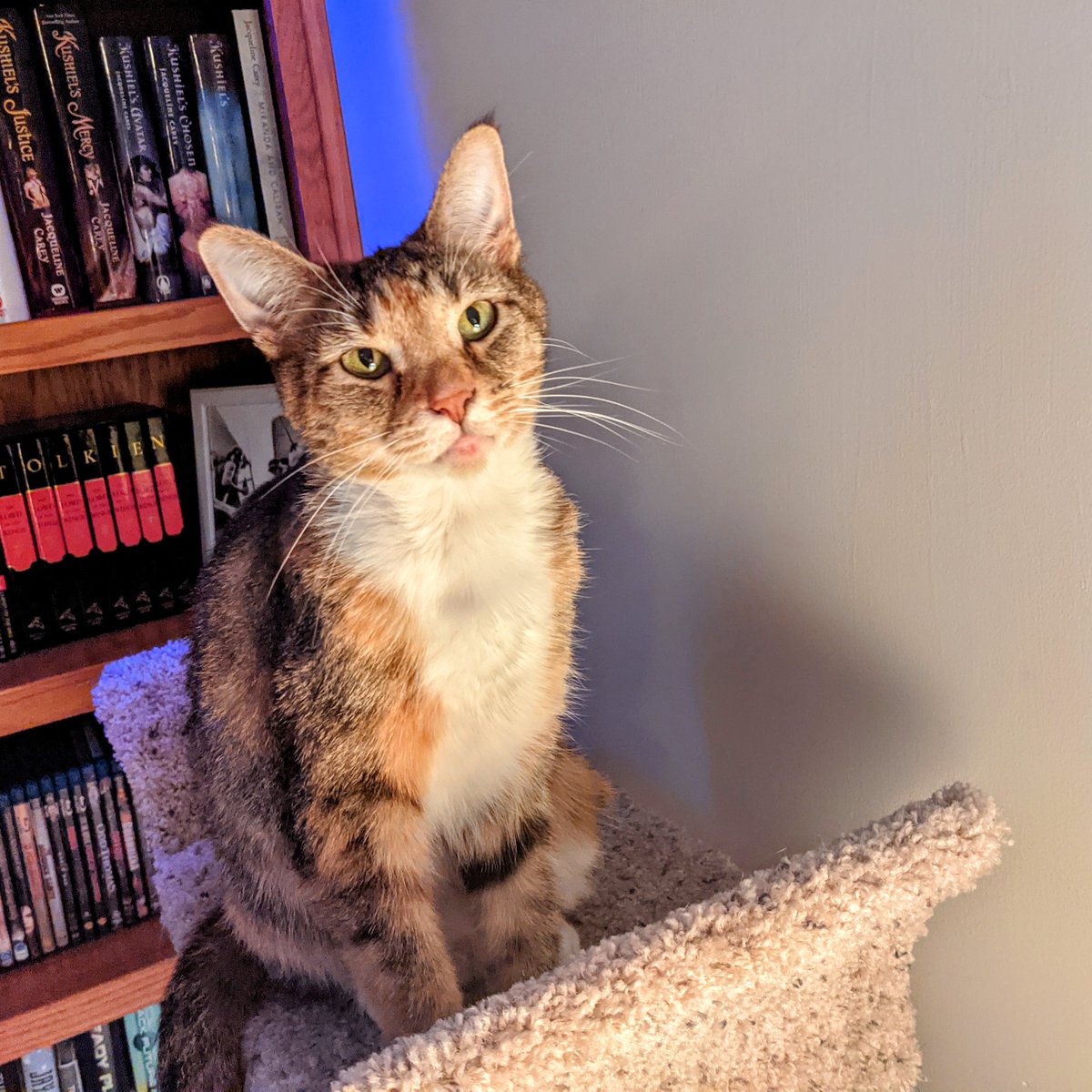
1. So, indulge me for a minute while I say something here about a thing my detractors do, and why, and what I think about it. The thing is to avow that I am no Heinlein, or Asimov or Ellison or [Insert Revered White Male Science Fiction Writer Who They Consider a Great Here].
2. Why do they go out of their way to do it? Because it's very important for those they admire to be "great," for whatever values they consider great, and this is their way of telling themselves (and me, in a distaff fashion) that I will never measure up: I'll never be "great..."
3. ...no matter how many books I write or sell or how notable I become in the genre or out of it. They are denying to me the thing they consider to be the most important thing, and what they assume I consider important as well. Don't we all want to be "great"?
4. I think it'd be fine to be "great" but "greatness," however one wants to define it, is not up to me. It'll be decided by others and will only tangentially have anything to do with what I do. No point seeking it; it seems a task bound for frustration and disappointment.
5. What I *can* work on is being "good." As in: Am I playing fair with my readers and giving them work that's to the best of my ability? Am I helpful colleague to the people who are helping to put my book out into the world and let people know it exists?
6. Am I useful and supportive to other writers and professionals in my field? Am I proceeding with my career in a decent, ethical manner? Am I modeling the behavior that makes others in my community feel welcome and included? Am I still trying to improve as a person and writer?
7. These are things I *can* control, and that I can work on. And to be clear, I am not always as good as I could be, or would like to be. I'm imperfect and I'm lazy. As I've said before, sometimes I have to cosplay as a better version of myself and hope that version takes.
8. Greatness happens or doesn't, and I may never be considered great, which is fine. I'm happy with my life and my career and I wouldn't change either for a shot at someone else's definition of "greatness." Goodness, however, is work that I can do, and should.
9. So I'm not offended when someone says I'm no [Insert their version of a great science fiction writer here]. I'm not! Won't ever be. I'm me. What I hope to be is not great but good: A good writer, colleague, friend and person. If I can manage that, it'll be good enough.
10. Thank you for reading, and as always, to reward your attention, here is a picture of a cat.
/end
/end

• • •
Missing some Tweet in this thread? You can try to
force a refresh







